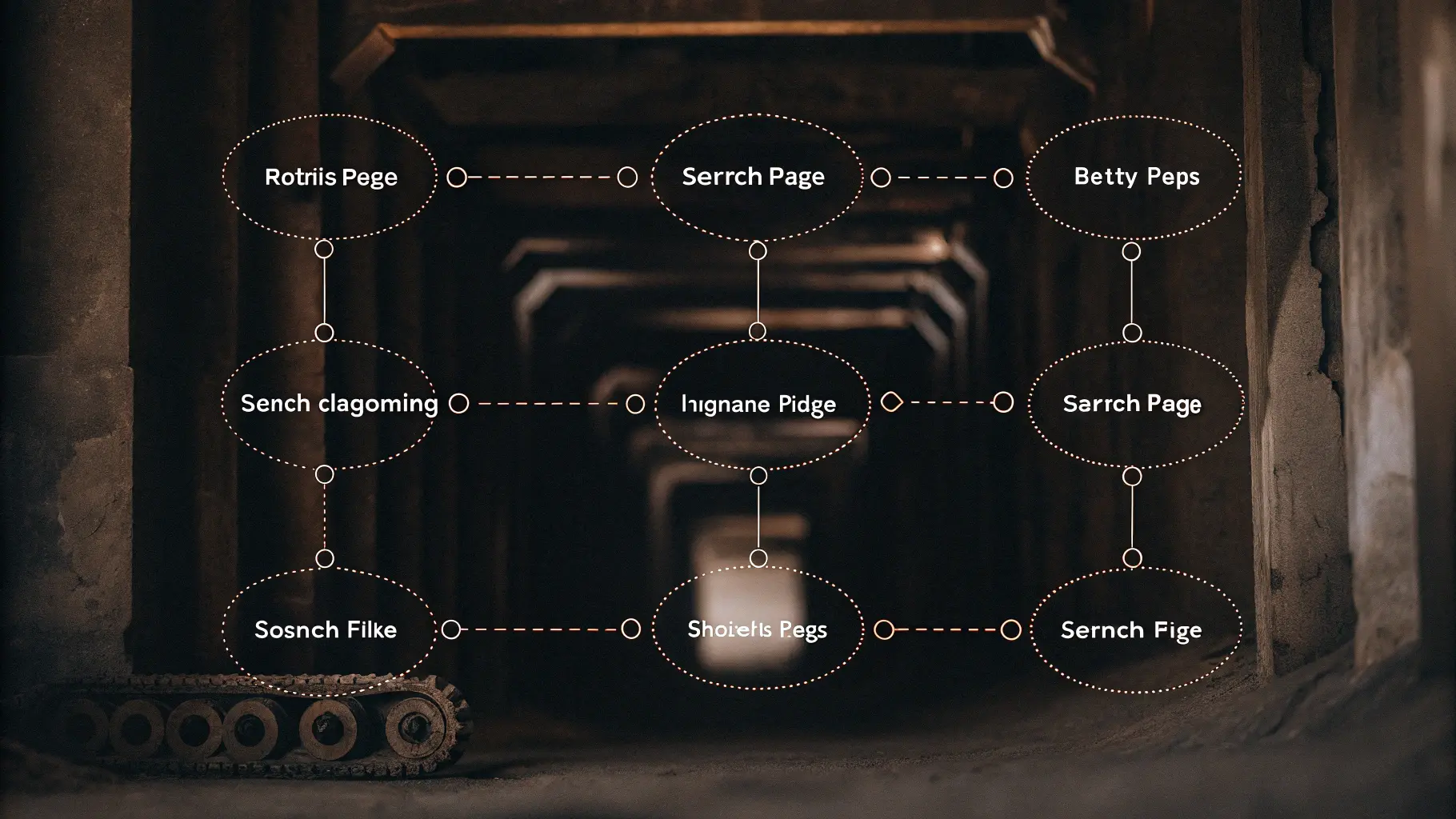In SEO, link building is a crucial “off-page” ranking factor used by search engines to determine site relevance. Search engines view links as “votes” for a website, but the value of these links varies based on the authority and relevance of the linking page. Simply put, the more authoritative the page linking to you, the more valuable the link.
Link Quality and Authority
When considering SEO advice, would you trust insights from five experts or fifty random internet users? Naturally, you’d lean toward the experts. The same applies to search engines, which prioritize high-quality links. A link from a respected, authoritative site carries more weight than one from a less reputable source. Furthermore, links from sites that are topically relevant to yours add even more value.
Anchor Text and Its Role in SEO
Anchor text, or the words used within a link, signals to search engines what the linked page is about. For example, a link with the anchor text “SEO expert” pointing to your website indicates to search engines that your site is relevant to SEO. Although you can’t always control anchor text, it’s beneficial to target links that feature descriptive, relevant text.
The Number of Links Matters
While having a few quality links is vital, the number of links also plays a role in SEO success. More links from diverse sources can boost your rankings. A strategy like viral link building campaigns, badges, or widgets can help generate a large volume of links. However, it’s important to avoid spammy tactics like using automated software to generate backlinks, as this can hurt your SEO efforts.
In summary, link building remains an essential strategy for improving search engine visibility. By focusing on quality, relevance, and diversity, you can significantly enhance your SEO performance.



